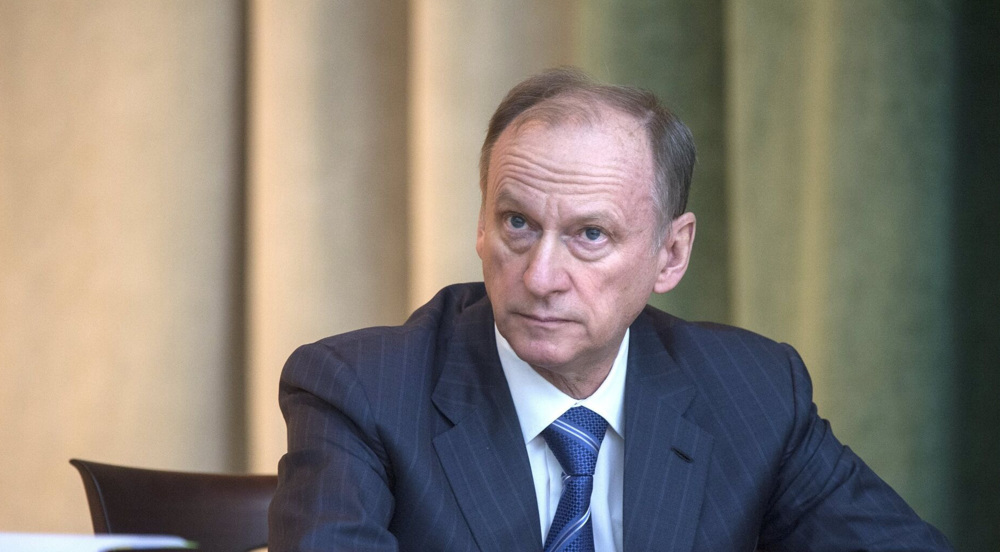Eurogroup urges Greece to deliver reforms to get financial aid
Eurogroup, the body of 19 finance ministers from the eurozone, has called on Greece to speed up the implementation of a series of economic reforms so as to unblock much-needed bailout funds.
The Greek government needs to press ahead with planned reforms demanded by international lenders so it can receive money, Eurogroup head Jeroen Dijsselbloem told a news conference after leading a meeting of the group in the Slovakian capital, Bratislava, on Friday.
"The pressure is back on. We really need some progress. The summer is over, pack up the camping gear, get back to work," Dijsselbloem said.
Greece agreed to a third bailout last July. Under a deal signed with its creditors – the European Commission, the European Central Bank (ECB), and the International Monetary Fund (IMF) – Greece can receive financial assistance worth EUR 86 billion (USD 96 billion) by 2018 in return for agreed economic reforms.
The Eurogroup had approved a tranche of EUR 10.3 billion (USD 11.5 billion) for Greece in May from the overall package. An initial EUR 7.5 billion (USD 8.4 billion) of that sum had been transferred to Athens.
The debt-ridden country is due to fulfill 15 reforms requested by its lenders, including privatization plans and energy sector changes, in September to get the final EUR 2.8 billion (USD 3 billion) available in this tranche.

Additionally on Friday, European Commissioner for Economic and Financial Affairs Pierre stressed that Athens has only delivered on two of the planned 15 reforms so far.
"It's not a secret ... that there is a lot to be done to complete these reforms," he said.
German Finance Minister, Wolfgang Schaeuble, also noted that Greece still had time until the end of September to get back in line on its bailout program.
Meanwhile, Slovak Finance Minister Peter Kazimir, whose country holds the rotating EU presidency, praised Greece's efforts to sort out its economic problems, but warned that the job is not done.
"They did a lot, but a lot of homework is ahead of them," he said.
Planned austerity measures in the cash-strapped Mediterranean state have sparked outrage from Greeks, who argue that Prime Minister Alexis Tsipras came to power on an anti-austerity platform.
Greece has already received two bailouts in 2010 and 2012, worth a total of EUR 240 billion (USD 272 billion) from its creditors following the economic crisis in the Southeast European country back in 2009.
VIDEO | Former prince Andrew arrested by British police
VIDEO | Backlash mounts as Pakistan joins US-led Gaza ‘Board of Peace’
Saudi-Greece fiber optic project to pass through Syria instead of occupied territories: Report
Israel steps up bloodshed in Lebanon
US lawmakers move towards vote on limiting Trump’s Iran strike authority
VIDEO | Hebrew media talk ‘Board of Peace,’ ceasefire, anti-Iran rhetoric, tensions surrounding Lebanon
VIDEO | Rising tensions in West Asia
US: Police criticizes ‘excessive and disproportionate' force used by ICE on protesters















 This makes it easy to access the Press TV website
This makes it easy to access the Press TV website